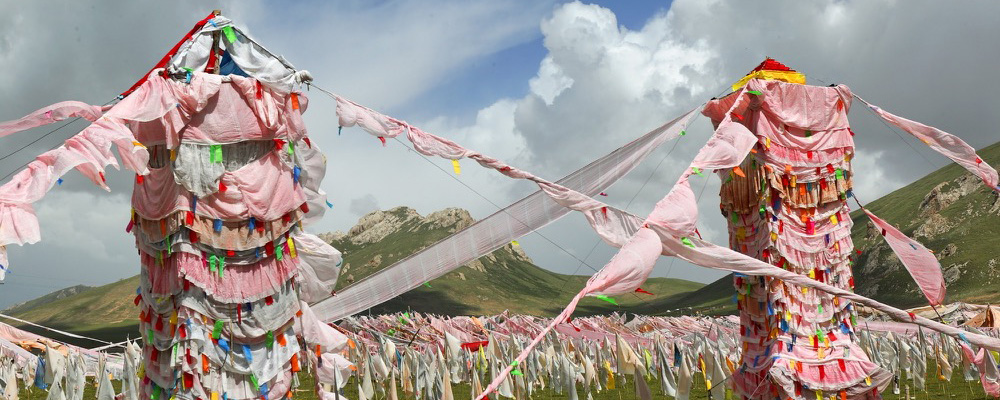
In this current era, we are confronted with many challenges. One of our main problems consists of reconciling the demands of the economy, the search for happiness, and respect for the environment. These imperatives correspond to three-time scales— short, middle, and long term— on which three types of interests are superimposed: ours, the interests of those close to us, and those of all sentient beings.
The economy and finance are evolving at an ever-faster pace. Stock markets soar and crash from one day to the next and the Covid-19 crisis we are experiencing is yet another unfortunate illustration of this. No investor is willing to place his money in treasury bonds redeemable in fifty years! Those who live in ease are often reluctant to alter their life-style for the good of those less fortunate and for the benefit of generations to come, while those who live in need aspire understandably to more wealth, but also to enter a consumer society that encourages acquiring not only what is needed to live a decent life, but to keep on chasing after superfluous things.
Selfishness is at the heart of most of the problems we face today: the growing gap between rich and poor, the attitude of “everybody for himself,” which is only increasing, and indifference about the generations to come. The swift changes that have occurred since 1950 have defined a new era for our planet, the Anthropocene (literally the “era of humans”). This is the first era in the history of the world when human activities are profoundly modifying (and at present degrading) the entire system that maintains life on earth.
Altruism is the Ariadne thread that will allow us naturally to connect the three scales of time— short-, middle-, and long-term— by reconciling their demands. Let’s take a few examples. If each of us cultivated altruism more, that is, if we had more consideration for the well-being of others, financiers, for example, would not engage in wild speculation with the savings of small investors who have entrusted themselves to them, just to gather larger bonuses at year’s end. Financiers would not speculate on commodities— food, grain, water, and other resources vital to the survival of the poorest populations. If they had more consideration for the quality of life of those around them, the ones who make decisions and other social agents would be concerned with the improvement of working conditions, family and social life, and many other aspects of existence. They would be led to acknowledge the divide that is growing ever wider between the poorest and those who represent 1% of the population but who control 25% of the wealth (1).
According to the NGO Oxfam, in 2016, the cumulative wealth of the world’s richest 1% exceeded that of the remaining 99% (2). In 2017, 82% of the wealth created worldwide ended up in the vaults of the richest 1%, while half of humanity received nothing (3). Finally, they could open their eyes to the fate of the society itself from which they profit and on which they have built their fortunes. If we evince more concern for others, we will all act with the view of remedying injustice, discrimination, and poverty. We would be led to reconsider the way we treat animals, reducing them to nothing but instruments of our blind domination which transforms them into products of consumption. Finally, if we care about the fate of future generations, we will not blindly sacrifice their well-being to our ephemeral interests, leaving only a polluted, impoverished planet to those who come after us. We would on the contrary try to promote a caring economy that would enhance reciprocal trust, and would respect the interests of others.
In our societies, some significant changes in mentality would favor the transformations necessary for the emergence of a new economy and new lifestyles and consumption patterns, which would be both fairer and more responsible towards our planet and the beings who live on it. We would envisage the possibility of a different economy, one that is now advocated by many modern economists (4), an economy that rests on the three pillars of true prosperity: nature, whose integrity we must preserve; human activities, which should flourish; and financial means, which ensure our survival and our reasonable material needs (5).
Notes
(1) These numbers represent the situation in the United States.
(2) An economy for the 1%, Oxfam Report, 2016
(3) Reward work, not Wealth, Oxfam Report, 2018
(4) Notably Dennis Snower, Ernst Fehr, Richard Layard, & Joseph Stiglitz, as well as members of the GNH (Gross National Happiness) movement promulgated by Bhutan and now taken seriously in Brazil, Japan, and other countries.
(5) These three pillars correspond to the concept of “mutuality” developed by the economist Bruno Roche.